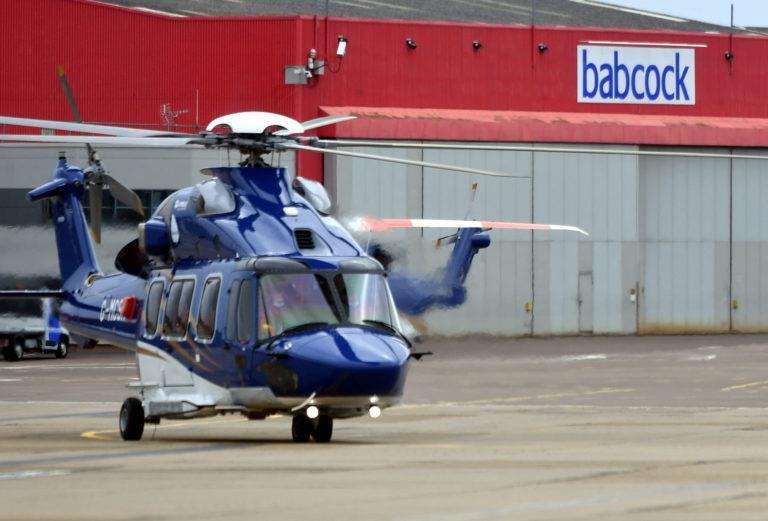
The market watchdog has said that the takeover of Babcock Aviation by CHC Helicopters would lead to a “significant loss” of competition in the North Sea, as its final decision looms.
Provisional findings of its Phase 2 investigation have been published by the Competition and Markets Authority (CMA) ahead of a final call in May which could see the move blocked.
Babcock employs around 500 people in its helicopter business, with its primary base in Aberdeen, while CHC’s Aberdeen business covers around 300 people.
The CMA found that “competition concerns” would be raised through the loss of a main player in the market, which would see the number of operators reduce from four to three.
CHC has previously argued that Babcock is “not a particularly serious competitive threat” to the market and there is a “demonstrably real” potential for new market entrants.
The CMA said it does not believe new players are likely to enter the market.
CHC and Babcock have until April 7 to propose possible remedies, which will be considered ahead of the CMA’s final decision on May 15.
Kip Meek, chair of the CMA inquiry group, said: “We’re concerned that this merger will reduce competition in a market which currently only has 4 competitors and that is vital to the smooth running of the North Sea oil and gas industry.
“Our findings are provisional at this stage, and we welcome further responses from CHC and Babcock, as well as from other interested parties.”
A spokesperson for CHC said: “When it completed the Babcock acquisition in September 2021, CHC understood that integration would be subject to approval from the CMA.
“While we are disappointed and strongly disagree with the findings published by the CMA today, we note that, as the CMA itself has made clear, these findings are provisional at this stage and we will continue to work hard to address the concerns that have been expressed.”
In May, if no remedies have been agreed upon, the competition watchdog could block the CHC Babcock merger.
In January, CHC argued the CMA had not recognised specific circumstances of the UK helicopter market.
It said that the merger “takes place in the context of an extremely challenging market which has gone through a prolonged downturn”, in which demand has significantly declined, “leaving an over-supply of helicopters and in which the customers exercise substantial leverage over the operators”.
Recommended for you

